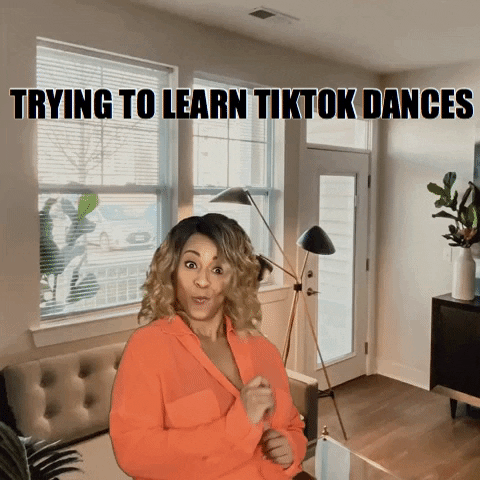
In a significant announcement that will shake the social media world, the United States government has announced its intention to ban the popular video-sharing app TikTok. The move comes amid growing concerns over the security of the app and the potential for it to be used for spying and espionage.
TikTok’s CEO, Shou Chew, has made his first appearance before the U.S. Congress to testify on the security of the platform and its effects on children.
“I have looked in — and I have seen no evidence of this happening. Our commitment is to move their data into the United States to be stored on American soil by an American company, overseen by American personnel. So the risk would be similar to any government going to an American company, asking for data,” Chew suggested as a solution to gain the country’s trust.
The U.S. has been sceptical about whether China has used the application to collect sensitive information from U.S. citizens. In response, Chew emphasised that TikTok is independent of the Chinese Communist Party.
“TikTok itself is not available in mainland China, we are headquartered in Los Angeles and Singapore, and we have 7000 employees in the U.S. today,” he said.
Representative Cathy McMorris Rodgers accused TikTok of being a “weapon” for the Chinese Communist Party to spy on and manipulate Americans.
Chew defended his company’s ongoing efforts to protect U.S. user data, but Representative Anna Eshoo dismissed his claims, stating that she finds it “preposterous.” The hearing
concluded with McMorris Rodgers denying Chew’s request to respond to criticisms, indicating that the U.S. government has already decided about TikTok.
The CEO claims they are no different from other social media platforms. He assured lawmakers that the company is transparent about what it collects and stated that independent researchers have confirmed that TikTok does not collect more data than mainstream social networks.
However, critics point out that even if TikTok’s data collection is on par with Facebook and Twitter, the amount of information collected is still considerable, including geolocation and contact lists if access is granted.
During a national security hearing, U.S. lawmakers accused TikTok of promoting harmful content to minors, such as self-harm, suicide, and eating disorders. Despite implementing safeguards for younger users, lawmakers criticised these measures as inadequate. Republican Representative Gus Bilirakis of Florida accused the platform of “literally leading to death.”
U.S. Secretary of State Antony Blinken stated that TikTok threatens national security and should be “ended one way or another.” However, he did not explicitly call for a ban. The U.S. Treasury Department warned it would not clear any transactions that pose national security risks.
TikTok CEO Chew Shou defended the app’s security measures, stating that fears of Chinese government access to user data are hypothetical. TikTok has been negotiating with the U.S. Committee on Foreign Investments for over two years to address security concerns.

More Stories
Killnet and AnonymousSudan Collaborate to Launch Cyber Attacks on Western Organisations
In recent news, it has been reported that two Russia-sympathetic hacktivist groups, Killnet and AnonymousSudan, have allegedly launched a series...
$4000 Gone In An Instant: Mother Defrauded in Facebook Marketplace Car Deal
A mother of four is warning others to be cautious after believing she had purchased a safe and dependable car...
Shocking Scam: Sydney Family Loses $200K Life-Savings in Suncorp Spoofing Fraud
A family from Sydney has lost their life savings worth $200,000 due to a fraudulent scam. Peter and Madison, who...
Mysterious Money Transfer Leaves Couple Speechless: How They Got an Unsolicited $4000
A young couple in Melbourne claims their bank is making up a personal loan they do not understand. Ashley and...
Phishing + AI + Voice Cloning= Big Trouble: The New Way Criminals are Stealing Your Money
New Alert: Criminals use AI and voice cloning to trick you out of your money. Earlier this year, Microsoft unveiled...
‘Impossible to Spot’ Delivery Scam Email Targets Australia Post Customers – Don’t Fall Victim!
Unsuspecting shoppers should be cautious as a parcel delivery scam that is hard to distinguish targets Australia Post customers. Email...


